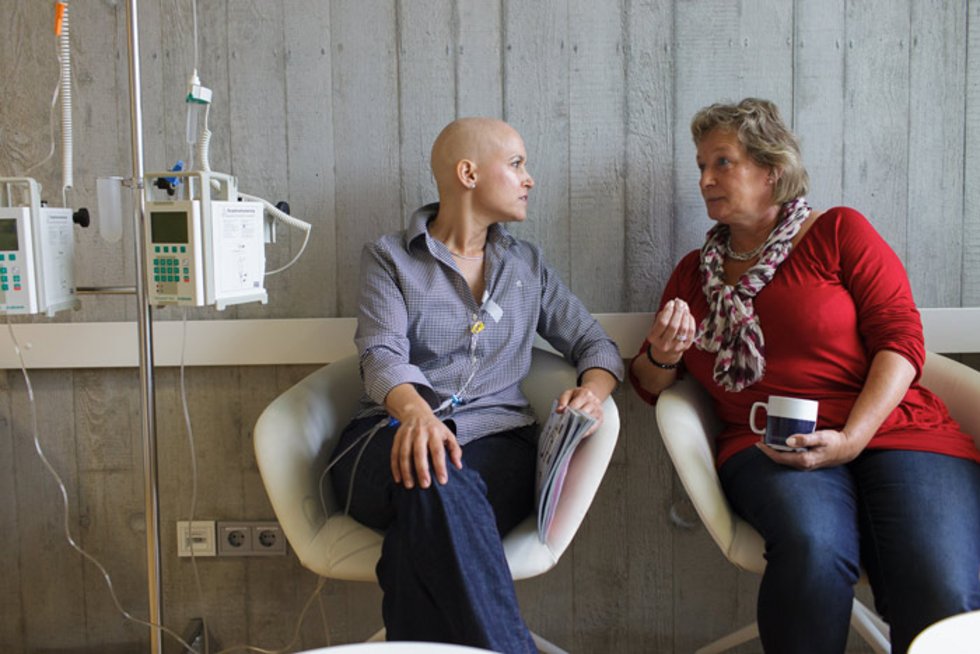Immunotherapy: why don't all triple-negative breast cancer patients benefit from checkpoint blockade?
Only a minority of triple-negative breast cancer patients currently benefit from immunotherapy with checkpoint inhibitors. The infiltration of immune cells into the tumor tissue represents a basic prerequisite for immunotherapy to enhance the existing endogenous immune response. It is not yet known whether the mode of infiltration, the relationship of the immune cells to each other, and the fitness of the immune cells influence the efficacy of immunotherapy.
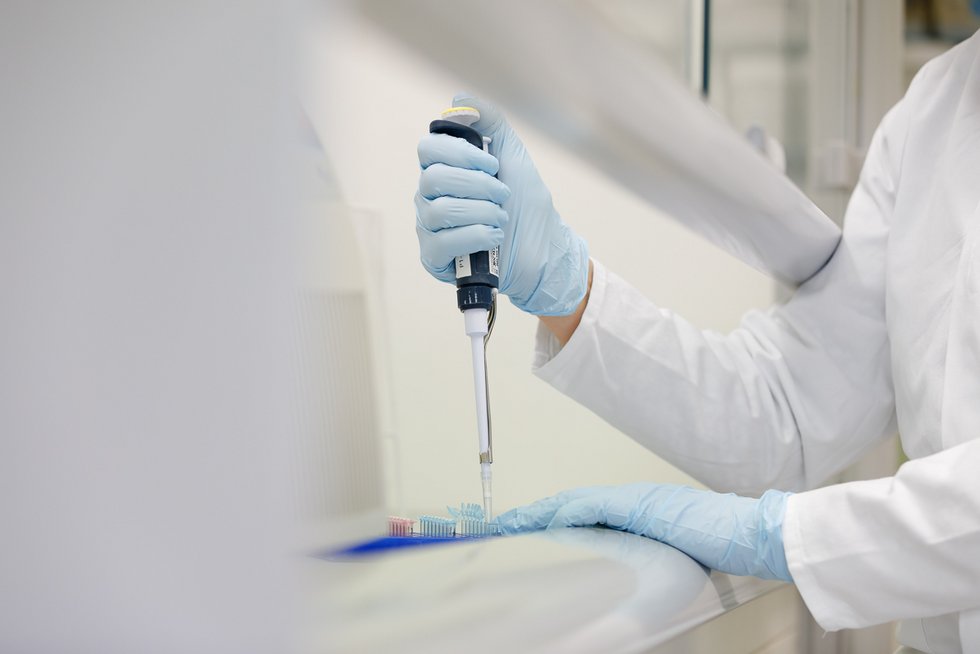
In their research project, the scientist CARLO FREMD and his colleague BENEDICTE LENOIRE now want to take a closer look at the immunological microenvironment over the course of the disease (primary tumor and metastases). In this way, they hope to be able to make better predictions about the effectiveness of treatment and to develop new tumor models and clinical trial concepts for breast cancer, but also for other solid tumors.
Adapted exercise therapy for myeloma patients
Multiple myeloma is a disease that often leads to bone damage and thus promotes muscle loss. Affected people in particular therefore need an individually adapted exercise program to get back to life. This is because structured physical training can demonstrably help to mitigate or even avoid complications and side effects during and after cancer therapy.
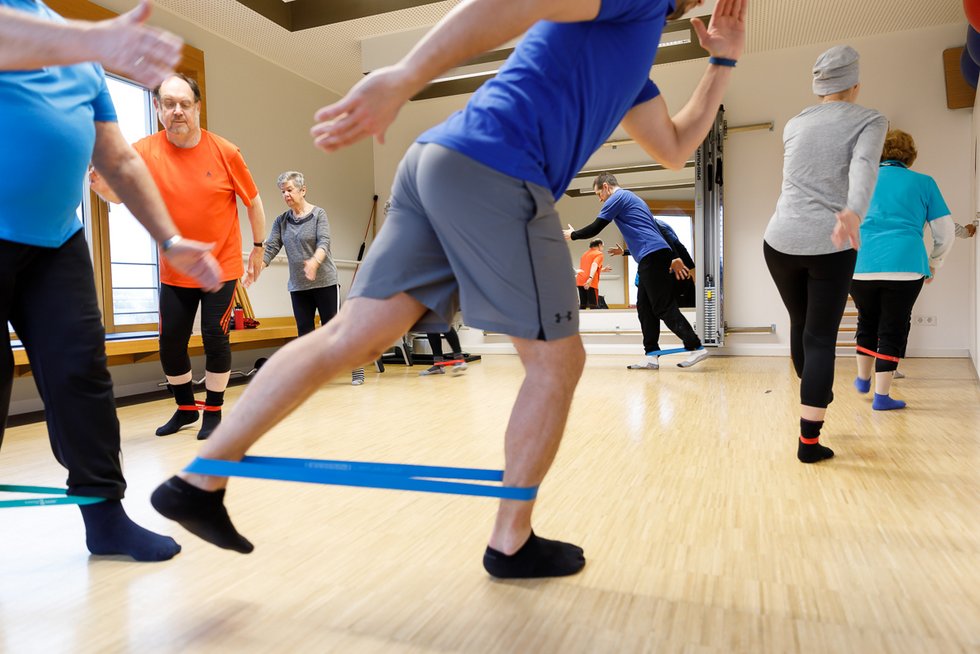
The scientists HARTMUT GOLDSCHMIDT, REA KÜHL, IMAD MAATOUK and JOACHIM WISKEMANN now want to make personalized exercise therapy accessible to this complex group. Depending on their side effect profile, exercise competence and psychosocial assessment, patients with multiple myeloma will be assigned to a group and receive an individually tailored exercise plan.
Diagnose sarcomas faster and more accurately
An early, correct and comprehensive diagnosis is crucial for the optimal treatment of sarcomas. The gold standard here is the histopathological examination of a tissue sample, usually taken surgically. The scientists CHRISTOPH HEILIG, DANIEL LIPKA, KLAUS MAIER-HEIN and RICHARD SCHLENK now want to supplement the existing diagnostic methods of pathology with additional parameters. For this purpose, the researchers would like to combine imaging, genetic analyses and also clinical features such as age and gender. In the medium term, such a classifier could ensure comprehensive and standardized diagnostics for this rare type of cancer and spare patients a longer ordeal until a clear diagnosis is made.
Head and neck tumors: Analysis of circulating tumor DNA during the course of particle therapy.
"Can we already tell if the therapy is working?" is a question frequently asked of physicians in the course of radiation treatment. The scientists THOMAS HELD and HOLGER SÜLTMANN now want to examine circulating tumor DNA in the blood of 30 patients with head and neck tumors at regular intervals during the course of radiotherapy. Cancer cells are inactivated by radiotherapy, releasing tumor DNA fragments that are detectable in the blood as so-called liquid biopsies.
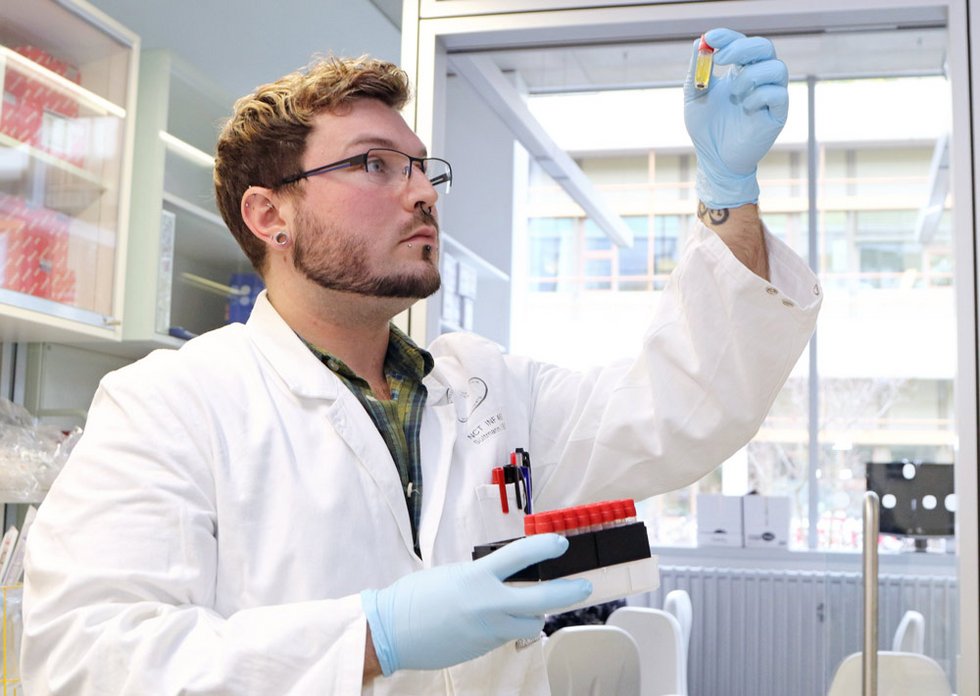
Genome sequencing is used to analyze and interpret the genetic changes in tumor DNA in detail. In combination with high-resolution MRI imaging, this allows early indications of therapy response and resistance to be tested. In addition, the detection of so-called minimal residual disease after local therapy will be evaluated, as these patients are likely to benefit from maintenance therapy. The aim of the project is to develop the most effective, gentle and personalized therapy concepts for patients at the NCT Heidelberg..
Participation: anticipatory therapy planning at the end of life
Patients with advanced cancer, their relatives and often feel overwhelmed when making decisions in the course of therapy. The individual personal situations are also sometimes difficult to assess for those treating the patient. In most cases, there is not enough time in the daily routine of the clinic for all those involved to talk about the values, wishes and goals of the patients at an early stage. This is where the project by ANJA SIEGLE, MICHAEL THOMAS, MATTHIAS VILLALOBOS comes in. Systematic interviews are planned with 20 lung cancer patients in order to work out their needs in the course of the disease and with regard to their values
What is the role of the microbiome in the therapeutic success of pancreatic cancer?
The prognosis for pancreatic cancer is very poor, especially for advanced tumors. Since surgical removal is only suitable for a small subgroup of patients, those affected usually receive chemotherapy. However, this does not work for everyone and is also associated with significant side effects. A recently published study has shown that the composition of the microorganisms in the intestine, the so-called microbiome, is associated with the duration of survival with pancreatic cancer.
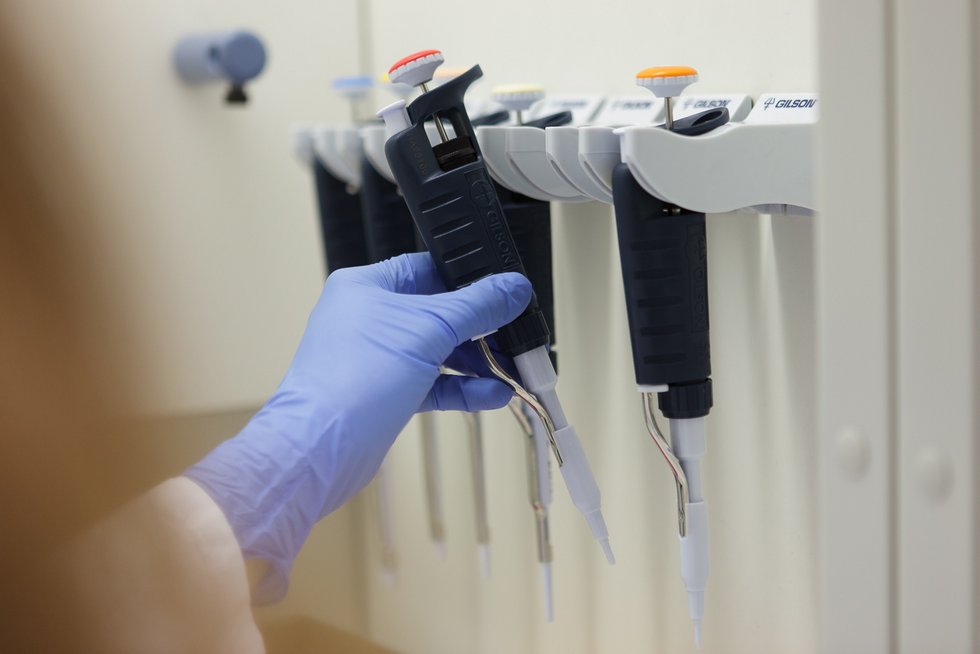
CHRISTOPH STEIN-THOERINGER now wants to find out which changes chemotherapy causes in the oral and intestinal microbiome, and whether there are correlations between microbiome signatures and the efficacy and side effect spectrum of the therapy. Patients with locally advanced and metastatic pancreatic cancer who receive chemotherapy at the NCT Heidelberg, the West German Tumor Center in Essen or the Klinikum rechts der Isar, Munich, will be included in the study.








